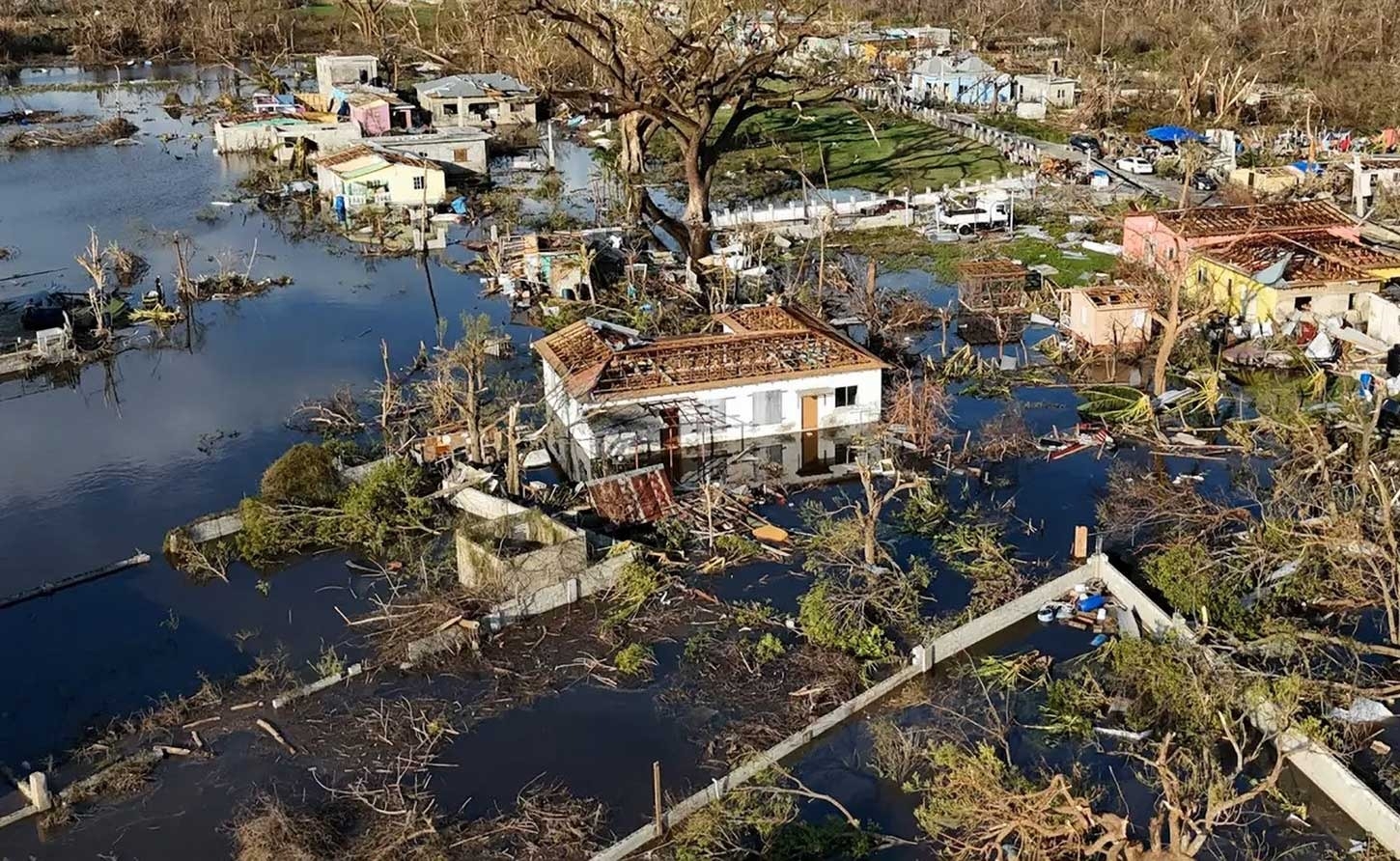JAMAICA | I've Seen Disaster in 40 Countries. What I Found in Western Jamaica Broke Me!

A UN disaster response veteran returns home to find devastation—and a relief effort divided by political lines
I have managed disaster responses across 40 countries. I have walked through killing fields in Africa where old ladies' feet and baby hands protruded from shallow graves. I have assessed the aftermath of earthquakes in Asia, coordinated relief efforts following civil conflicts in Latin America, and documented the human cost of both natural and man-made catastrophes across three continents.
I thought I had developed the necessary professional distance to assess any crisis with clear eyes and steady hands. Then I drove home to Petersville.
The three-hour journey from Westmoreland to Montego Bay last week became something I was unprepared for—a tour through devastation that cracked the protective shell I'd built over decades of international crisis work.
My professional training kicked in automatically as I began cataloguing the damage: bundles of cable wires sprawled across roadways like severed arteries, light posts leaning at dangerous angles threatening to complete their collapse, water still cascading ten inches deep down hills and through homes days after Hurricane Melissa's passage.
But it was in Belmont that my composure finally shattered.
Looking at the devastation spread before me, I found myself wondering why the country hadn't been told that a nuclear bomb had been dropped. Every tree stood stripped of leaves, the entire landscape painted in shades of brown and death. In a stretch of just eleven buildings, only three retained their roofs.
I drove through Farm, Colloden, White House, Long Hill, and finally Petersville—my hometown—and everywhere the story was the same. The hurricane had shown no mercy.
Bob Marley sang that when the rain falls, it "doan fall on one man's housetop." Hurricane Melissa proved him right. She tore through Westmoreland, Hanover, St. James, Trelawny, and St. Ann with democratic fury, making no distinctions between rich and poor, government and opposition, JLP and PNP.
The preliminary damage—six to seven billion dollars according to Prime Minister Holness—cannot capture what I witnessed: families huddling in skeletal remains of homes, elderly residents waiting in ruins of community centers, nearly every wooden house destroyed, over two thousand homes stripped of their roofs.
In my professional career, I have seen horrors that still visit me in quiet moments. Yet driving past the ruins of my primary school, seeing my own people huddled and waiting for scraps of relief, I found myself tearing up in ways that decades of international fieldwork had not prepared me for.
"One act of the Almighty can humble the human being," I mumbled through my grief, professional objectivity finally surrendering to the simple pain of witnessing home destroyed.
But grief has given way to something harder and colder: professional assessment of the response.
Andrea Purkiss, Member of Parliament for Eastern Hanover, has raised an alarm that my training compels me to validate. Her constituency—30,000 souls in a parish of 64,000, all affected by Melissa—received 250 care packages, five coverings, and fifty cases of water from the government via the Jamaica Defence Force.
In my professional opinion, this is not disaster relief. This is abandonment dressed in bureaucratic packaging.
Do the mathematics I've done in crisis zones worldwide: 250 packages for 30,000 people. In any country I've worked in, such inequitable distribution would trigger immediate investigation. Yet here, the pattern emerging suggests something more sinister—that constituencies represented by the Jamaica Labour Party are receiving preferential treatment while those under the People's National Party banner are being left to fend for themselves.
The government claims no communities remain marooned by floodwaters. I have driven through Old Pen, past Chigwell and Forrest, through Miles Town and Copse. That claim rings as hollow as the stripped houses I passed.
Hurricane Melissa fell on every housetop equally, just as Marley said. But the relief—I must report with the same professional honesty that guided me through 40 countries of crisis—has not. The question now is whether political calculations will continue to determine who receives aid and who waits in ruins, or whether Jamaica will prove itself better than the broken places I've spent my career trying to fix.
I've seen the worst the world can offer. I never imagined I'd find it waiting for me at home.
-30-
